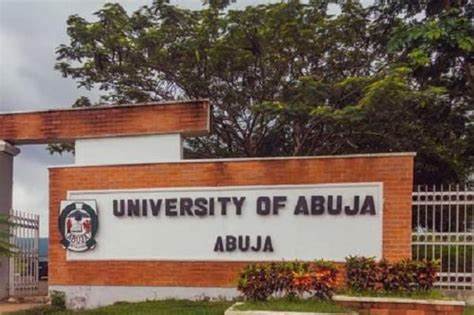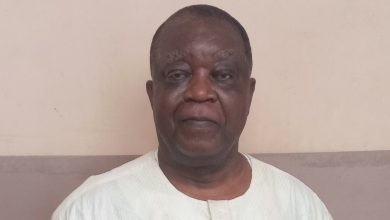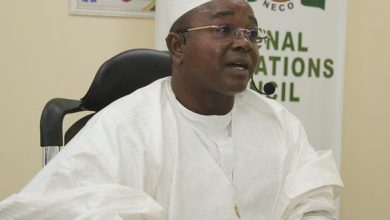UniAbuja governing council members boycott meeting amid controversy over VC appointment
The external council members who chose to boycott the meeting include Raphael Akinfeleye (south-west), Chisom Dorcas Obih (south-east), and Sabo Bappayo Ahmed (north-east).

By Idris Temidayo
The ongoing controversy over the appointment of a substantive Vice-Chancellor (VC) for the University of Abuja (UniAbuja) took a dramatic turn on Tuesday as external members of the university’s governing council stayed away from a meeting with the chairman, Saddiq Ismaila Kaita.
The Times of Abuja understands that Kaita, who is rumuored to have a preferred candidate for the VC position, called the meeting on Monday evening, intending to finalise the appointment by 3 pm on Tuesday.
However, those who are privy to the happenings within the university said the external council members were not informed of the chairman’s decision and were not provided with an agenda ahead of the meeting.
One insider, who did not want to be named, said the chairman was not following the legal and procedural requirements for selecting a Vice-Chancellor.
According to the source, the law stipulates that for a valid selection interview to take place, the chairman, along with two council members not from the senate, and two senate representatives not from the council, must be present.
If any of these conditions are unmet, the process is rendered invalid, he added.
“There is no provision for just one senate representative or four council members. All members must be present for the process to be legitimate,” the source noted.
The external council members who chose to boycott the meeting include Raphael Akinfeleye (south-west), Chisom Dorcas Obih (south-east), and Sabo Bappayo Ahmed (north-east).
The boycott of the meeting came after a formal protest by 67 professors, who delivered a letter to Tunji Alausa, the minister of education, on Monday.
The letter called for the dissolution of the current governing council and the commencement of a new selection process in accordance with established laws and academic standards.
The protesting academics alleged that the chairman had dismissed over 27 internal and 60 external applications—totaling 87 applications—while only inviting three candidates, all of whom were believed to be aligned with his preferred choice: the Acting VC, Aisha Maikudi.
The professors contended that Maikudi lacked the qualifications necessary for the role.
Further criticisms were directed at the composition of the governing council itself.
The professors claimed that internal members were handpicked during a strike by the Academic Staff Union of Universities (ASUU) and that the inclusion of non-academic members, including a representative from the federal ministry of education and a businesswoman, undermined the integrity of the selection process.
The petition also highlighted that the advertisement for the VC position, published in August 2024, failed to meet key criteria, such as the requirement of at least 10 years of professorial experience.
Maikudi, they pointed out, had only two years of professorial experience, which they argued made her unsuitable for the position.
In light of these issues, the professors called for the dissolution of the current governing council and the establishment of a new body to oversee a fair and transparent selection process for the VC.
They urged the education minister to annul all actions taken by the current council, warning that failing to do so would set a dangerous precedent for other universities.
“We have lost all faith in the Governing Council’s ability to conduct a fair process for appointing the next Vice-Chancellor,” the letter reads.
“We urge you, Honourable Minister, to take immediate action to dissolve the Council, declare their decisions null and void, and reconstitute a new Governing Council to oversee a legitimate process.”
The professors cautioned that any inaction would have severe implications for the University of Abuja and could encourage other institutions to follow a similar path, undermining the credibility of higher education governance in Nigeria.





